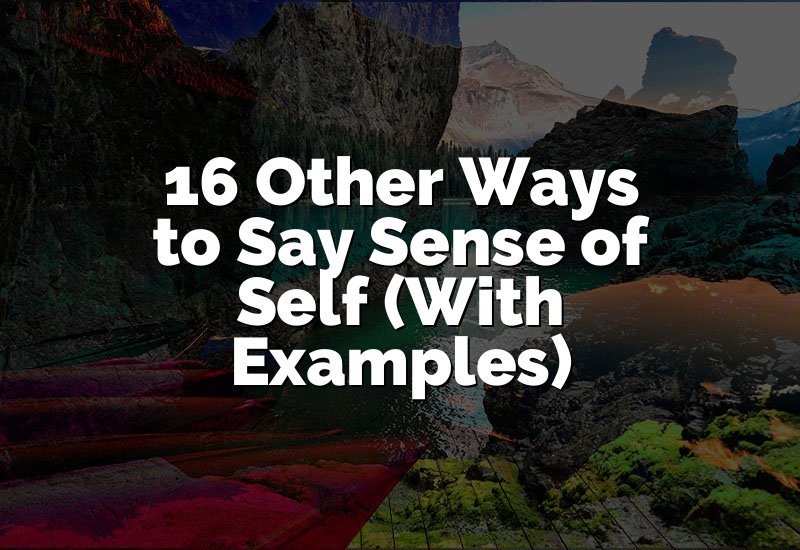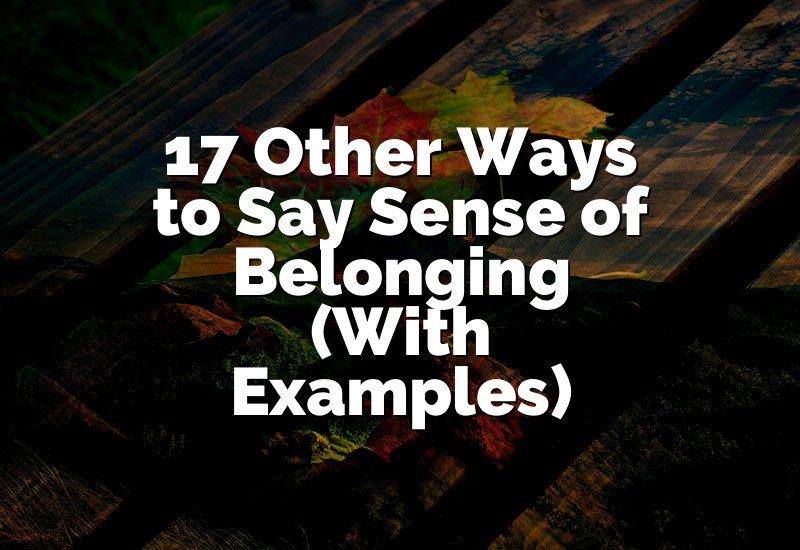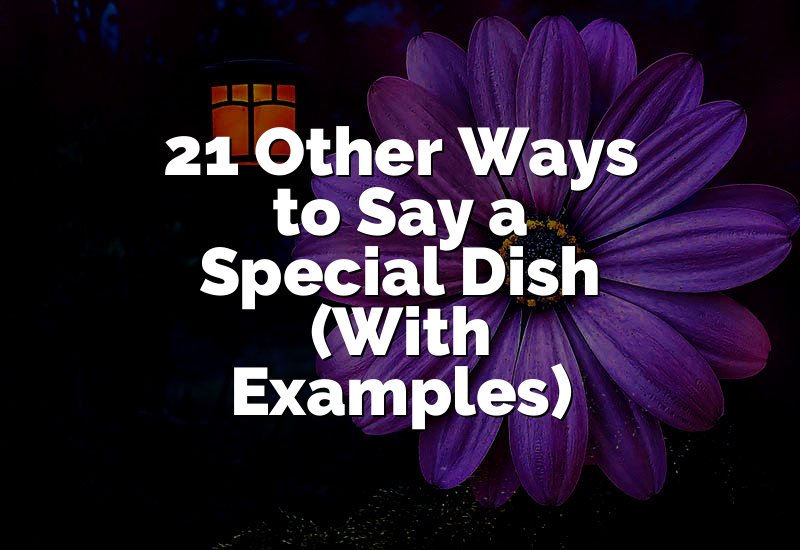You know how sometimes one word just doesn't feel enough? When talking about feelings, it's fun to use different words like emotion, mood, or vibe. This list of 28 synonyms will help you say what you mean in a fresh and easy way.
1. Emotion
An emotion is a strong feeling inside you, like happiness, sadness, or anger. For example, "She showed a lot of emotion during the movie." Emotions help us understand what is happening inside our hearts. Everyone feels emotions every day. They can be good or bad, and they guide our actions. Saying emotion is a clear way to talk about what you feel inside. It's an important word when you want to explain how you or others react to things in life.
2. Sensation
A sensation is a feeling that comes from your body, like heat, cold, or touch. For example, "I felt a strange sensation on my skin." Sensations help you know what is happening around you. You feel sensations through your senses like touch, sight, or hearing. It is different from emotion because it is more about physical feelings. When you say sensation, you talk about what your body notices. Sensations tell you if something is comfortable or not.
3. Sentiment
A sentiment is a feeling or opinion about something, often gentle or kind. For example, "There is a warm sentiment in her letter." Sentiments show how you feel inside about people or things. It is softer than strong emotions. You might feel sentiment toward a friend or a place you love. Saying sentiment means you care or have feelings about something in a gentle way. It's a nice word to talk about kind thoughts and feelings.
4. Mood
A mood is how you feel inside for a while, like happy, sad, or angry. For example, "He was in a good mood all day." Moods can change and affect how you act. If you are in a bad mood, you might be quiet or upset. Saying mood is a simple way to talk about your feelings at a certain time. People notice moods in themselves and others. It helps to know your mood so you can feel better.
5. Impression
An impression is a quick feeling or idea about something or someone. For example, "My first impression of the city was amazing." Impressions happen fast and help you decide what you think. It can be about a place, person, or event. Saying impression means you share your first feelings or thoughts. Impressions might change after you learn more. It's a good word for quick feelings that guide your opinion.
6. Vibe
A vibe is a feeling or mood from a place or person, often easy to sense. For example, "The party had a fun vibe." Vibe is a casual way to talk about the mood or energy around you. You can feel good or bad vibes. It's like an invisible feeling that tells you if something is nice or not. Saying vibe helps you explain how a place or person makes you feel without many words.
7. Sense
A sense is a feeling or understanding of something, often not clear or spoken. For example, "I had a sense that something was wrong." Sense can mean a feeling in your mind or body. It's not a full thought but a hint or idea. Saying sense shows you are aware of something even if you can't explain it. It's an important word when you trust your feelings or instincts.
8. Reaction
A reaction is how you feel or act after something happens. For example, "Her reaction to the news was surprise." Reactions show your feelings through words, face, or actions. They happen quickly and tell others how you feel. Saying reaction is a clear way to talk about what you do or feel after an event. Reactions can be happy, sad, angry, or calm. Everyone has reactions every day.
9. Response
A response is a feeling or answer after you get information or action. For example, "His response to the question was thoughtful." Response is similar to reaction but can be slower or more careful. It shows how you feel or think about something. Saying response helps explain how you react to words, actions, or feelings. Responses can be spoken or shown by body language. It's a good word to use when talking about feelings that come after something.
10. Passion
Passion is a very strong feeling of love or excitement for something. For example, "She has a passion for painting." Passion makes you work hard and feel happy about what you do. It is a deep and powerful feeling inside. Saying passion means you really care about something or someone. People feel passion for jobs, hobbies, or people. Passion is an exciting word that shows energy and strong feelings.
11. Affinity
An affinity is a natural feeling of liking or connection to someone or something. For example, "He felt an affinity for the new city." Affinity means you feel close or similar to a person, place, or idea. It's a gentle feeling of friendship or belonging. Saying affinity shows you have a warm and easy feeling about something. It's a good word to explain comfort and connection.
12. Discomfort
Discomfort is a feeling of being uneasy or slightly in pain. For example, "She felt discomfort sitting on the hard chair." It can be physical or emotional. Saying discomfort means you don't feel good but it is not very strong pain. Discomfort helps you know when something is wrong or needs change. It's a clear word for small troubles or worries in your body or mind.
13. Sympathy
Sympathy is a feeling of caring for someone who is sad or hurt. For example, "I felt sympathy for my friend when she was sick." Sympathy means you understand and feel sorry for others' problems. Saying sympathy shows kindness and support. It's a way to share feelings with people going through tough times. Sympathy helps people feel less alone and more cared for.
14. Empathy
Empathy is the feeling of understanding how someone else feels. For example, "He showed empathy when his friend lost a pet." Empathy means you put yourself in another person's shoes. Saying empathy means you don't just feel sorry, but really understand their feelings. It's a strong and caring feeling that helps people connect. Empathy is important for friendship and kindness.
15. Sensitivity
Sensitivity means being aware of small feelings or changes in others. For example, "Her sensitivity helped her notice when someone was upset." It shows you care and can feel feelings deeply. Saying sensitivity means you are gentle with others' emotions. It can be a good thing because you understand people better. Sensitivity helps you respond with kindness and care.
16. Touch
Touch is the feeling you get when you press or hold something. For example, "The soft touch of the blanket was comforting." Touch is a physical feeling through your skin. Saying touch means you are talking about how something feels when it is near or on your body. Touch can be gentle, rough, warm, or cold. It helps you know the world around you through feeling.
17. Affect
Affect is the way your feelings show on your face or in your actions. For example, "His happy affect was easy to see." Affect is the outward expression of what you feel inside. Saying affect means how others notice your feelings by your look or tone. It is important for sharing emotions without words. Affect can be strong or small but always shows what's inside.
18. Temperament
Temperament means your usual mood or way of feeling. For example, "She has a calm temperament." Temperament is how you often feel and act, not just one moment. Saying temperament helps describe a person's general feelings and behavior. It can be happy, quiet, angry, or friendly. Temperament is part of who you are and shapes your feelings over time.
19. Disposition
A disposition is your natural way of feeling or thinking. For example, "His cheerful disposition made people smile." It is like your usual mood or personality. Saying disposition means how you normally feel inside. It can be kind, serious, or shy. Disposition helps others understand what you are like on the inside. It is a steady feeling that stays with you.
20. Aura
An aura is the feeling or mood around a person or place. For example, "The room had a calm aura." Aura is like an invisible feeling others sense without words. Saying aura means talking about the energy or mood that you feel from someone or somewhere. It can be happy, sad, or peaceful. Aura helps explain feelings that are hard to see but easy to feel.
21. Intuition
Intuition is a feeling or knowing without thinking hard. For example, "My intuition told me to be careful." It's a quick feeling that guides you. Saying intuition means you trust your inner sense or gut feeling. Intuition helps you make decisions when you don't have all the facts. It's a natural and helpful feeling inside you.
22. Hunch
A hunch is a feeling or guess about something without proof. For example, "I had a hunch that it would rain." A hunch is like intuition but often about what might happen. Saying hunch means you feel something might be true even if you don't know for sure. It's a quick feeling that helps you decide or act.
23. Consciousness
Consciousness is being aware of your feelings and thoughts. For example, "Her consciousness of pain helped her rest." It means you notice what is happening inside your mind and body. Saying consciousness means you are awake and aware of your feelings. It is important for understanding yourself and others. Consciousness is a clear feeling of knowing and sensing.
24. Perception
Perception is the way you see or understand feelings or things. For example, "His perception of the problem was helpful." Perception helps you notice and think about feelings or facts. Saying perception means you explain how you understand what is around you. It can be different for each person. Perception is a mix of feelings and thoughts that help you make sense of life.
25. Excitement
Excitement is a strong happy feeling about something fun or new. For example, "She felt excitement before the party." It makes your heart beat faster and brings smiles. Saying excitement means you are really looking forward to something. Excitement is joyful and full of energy. It's a great feeling that makes things special.
26. Anxiety
Anxiety is a worried feeling about what might happen. For example, "He felt anxiety before the test." It makes your body tense and mind uneasy. Saying anxiety means you are scared or nervous inside. Anxiety is a common feeling when you face unknown or hard things. It's normal but can be hard. Talking about anxiety helps you feel better and find support.
27. Joy
Joy is a very happy and bright feeling inside. For example, "She felt joy when she saw her family." Joy makes you smile and feel warm. Saying joy means you are full of happiness. It is a deep, calm, and lasting good feeling. Joy comes from good news, love, or success. It's a wonderful feeling that lifts your spirit.
28. Sadness
Sadness is a heavy and quiet feeling when something is not good. For example, "He felt sadness when his friend left." Sadness makes you want to cry or be alone. Saying sadness means you feel hurt inside. It is a normal feeling when you lose something or someone. Sadness helps you understand your heart and heal. It's okay to feel sad sometimes.

Final Thoughts
Now you have 28 simple words to describe feelings in many ways. Whether it's emotion, mood, or vibe, each word helps you explain what you feel. Using these words makes your talk or writing more fun and clear. Try using them next time you want to share how you feel. It's easy and helps people understand you better.









